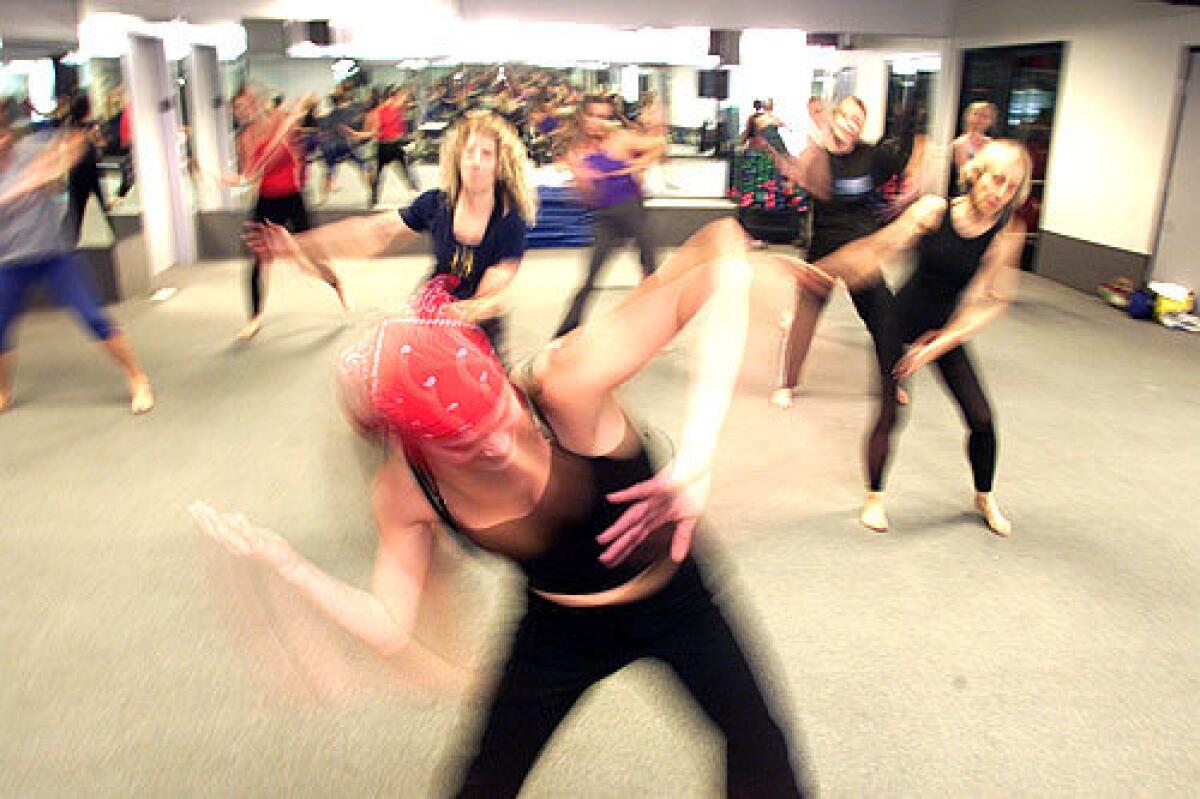Exercise may be just what she needs

Does having a relatively rapid resting pulse rate (say 90 beats or so per minute) make aerobic exercise more stressful on the heart and respiratory system than having a slower resting pulse rate?
CATSt. Petersburg, Fla.
In most cases, a high resting heart rate will not necessarily make aerobic exercise more stressful on the heart and respiratory system, says Dr. Freny Vaghaiwalla Mody, chief of cardiology for the VA Greater Los Angeles Healthcare System and spokeswoman for the American Heart Assn., Los Angeles County Division.
In fact, if your high resting heart rate is the result of being out of shape, too much coffee, stress or anxiety, then aerobic exercise might be just what you need to achieve better cardiovascular conditioning and a lower resting heart rate.
A high resting heart rate, however, can also be caused by hyperthyroidism, anemia and some over-the-counter herbal medicines, she says.
To be safe, see your doctor before beginning your exercise program.
— Janet Cromley
After weight loss, chest fat remains
I have been on an exercise and diet plan for over a year, and have gone from 325 pounds to 240 pounds. My problem is that I’m not losing much fat in my chest, leaving me with (pardon the term) “man breasts.” As I lose inches in the abdominal area, my chest is more and more accentuated. Are there specific exercises you can suggest to target this area, or will I have to resort to liposuction?
CHRISAnaheim
Your problem is fairly common among men who have lost large amounts of weight, and sometimes can be remedied with weight lifting and aerobic exercise, says Dr. Caroline Apovian, associate professor of medicine at Boston University School of Medicine and director of the Nutrition and Weight Management Center at Boston Medical Center.
Often, higher estrogen and lower testosterone levels will increase a man’s likelihood of developing pseudogynecomastia, which is the increased pectoral fat often associated with obesity and aging, adds Todd Schroeder, an exercise physiologist and director of USC’s Clinical Exercise Research Center.
It is more difficult to burn or lose this fat, even with a structured exercise and diet program, he says. And there are no specific exercises that will preferentially target fat loss for the pectoral region.
Schroeder suggests varying your fitness routine with different types of aerobic exercises, and adding some resistance training to build muscle mass.
If that doesn’t work, Apovian says, you may have to go with the liposuction.
— J.C.
Do you have a question about health- or fitness-related topics for the reporters at The Times? Here’s your chance. Questions must be general in nature, and not all submissions can be answered. Go to latimes.com/healthqa.



